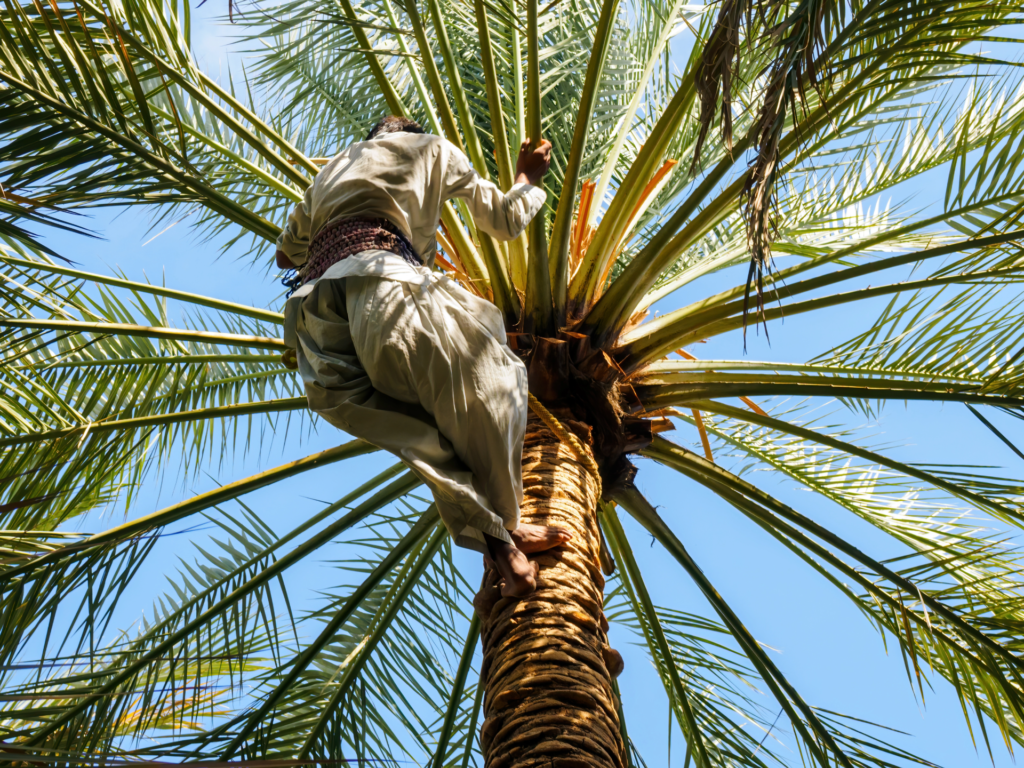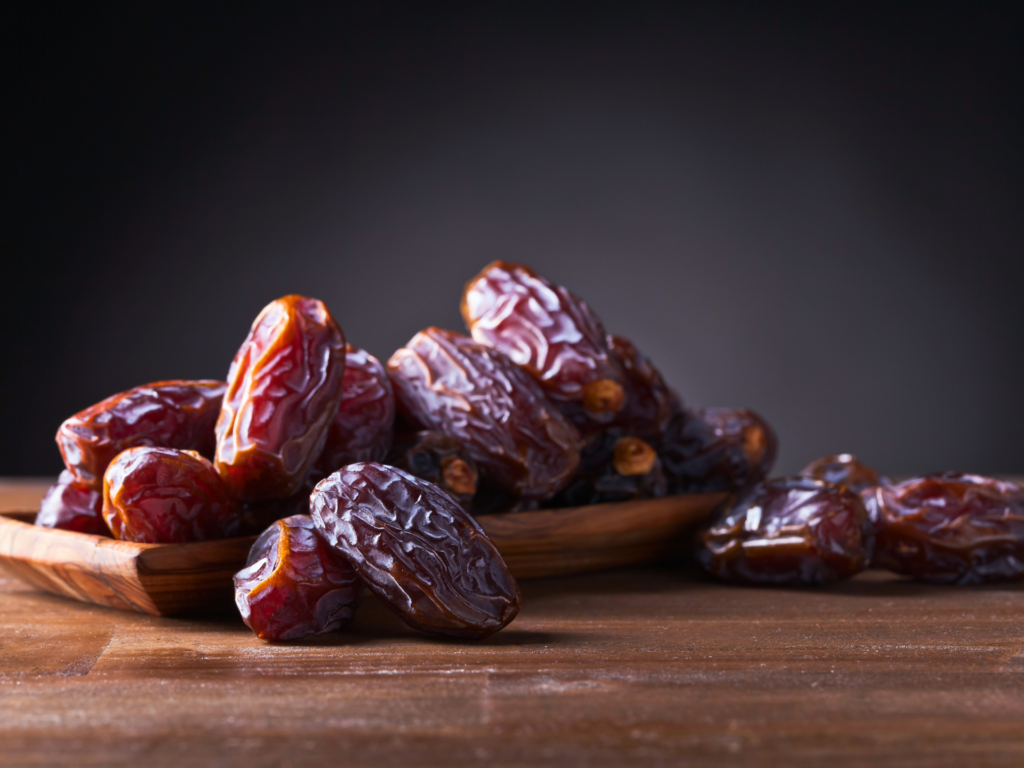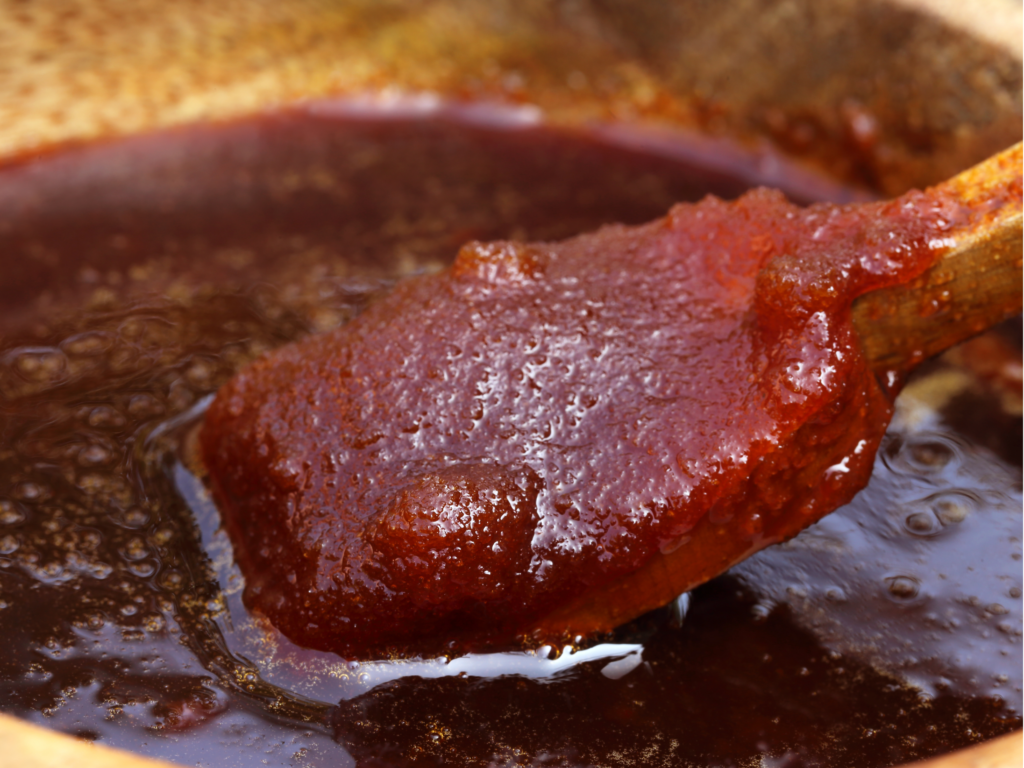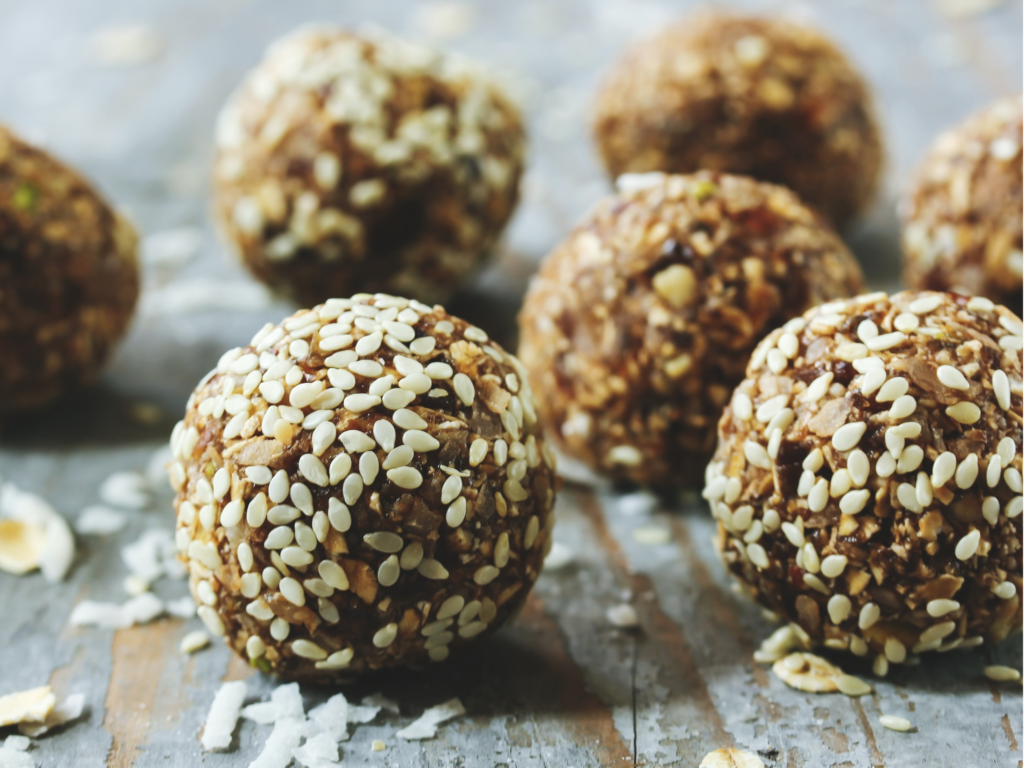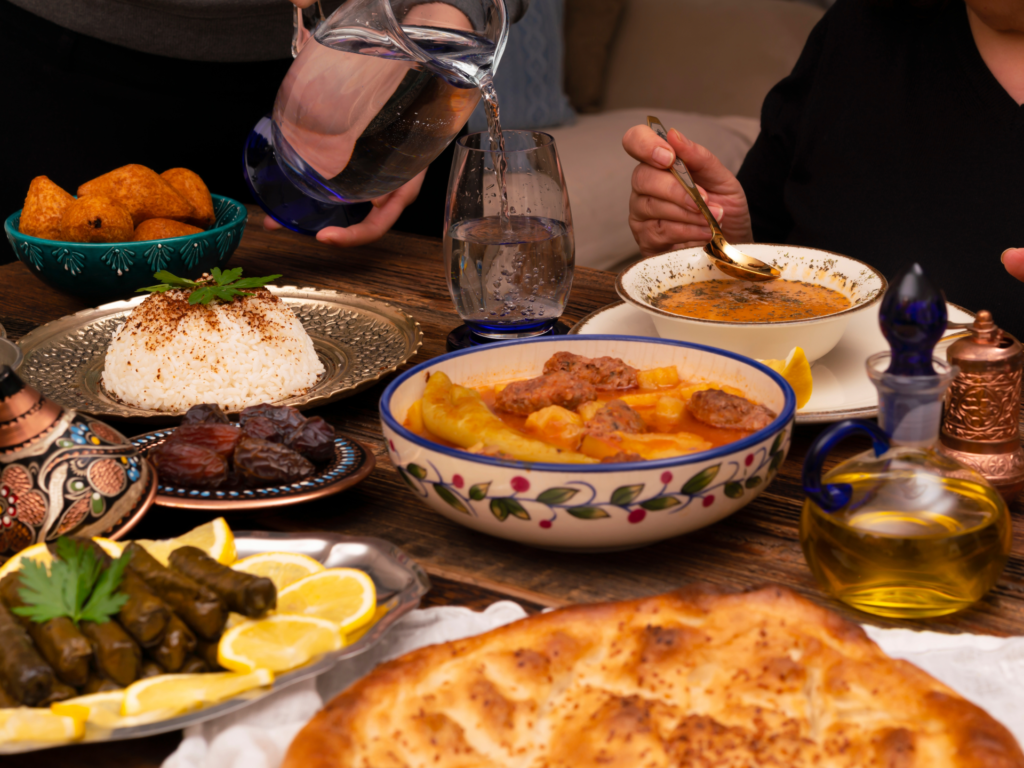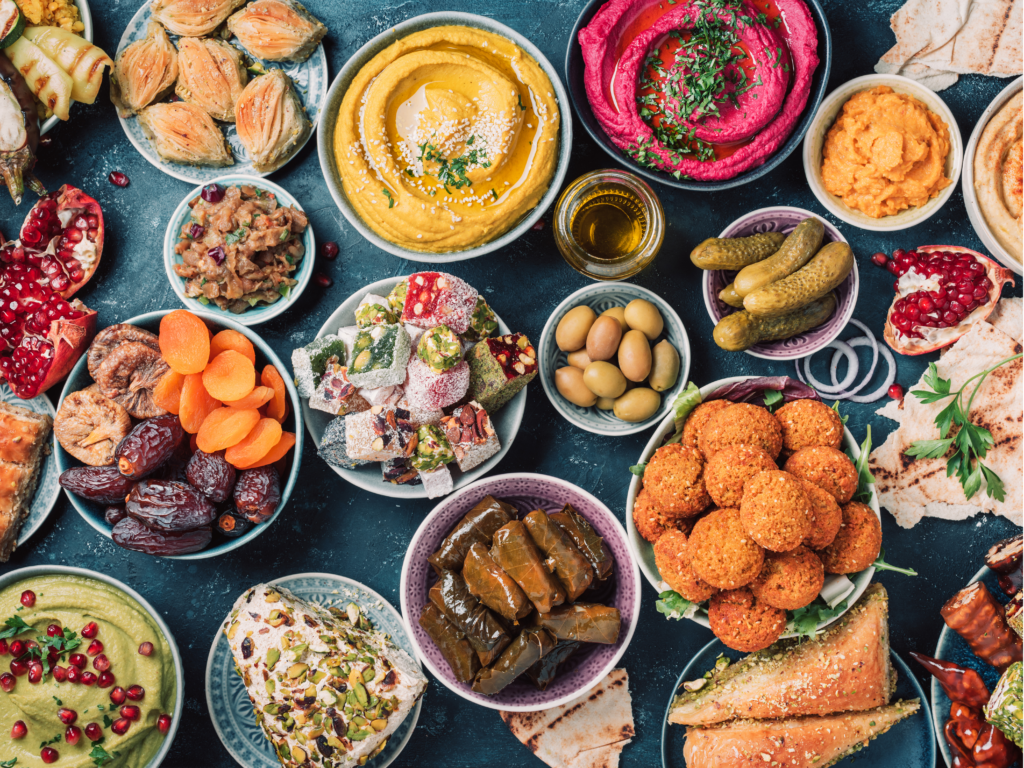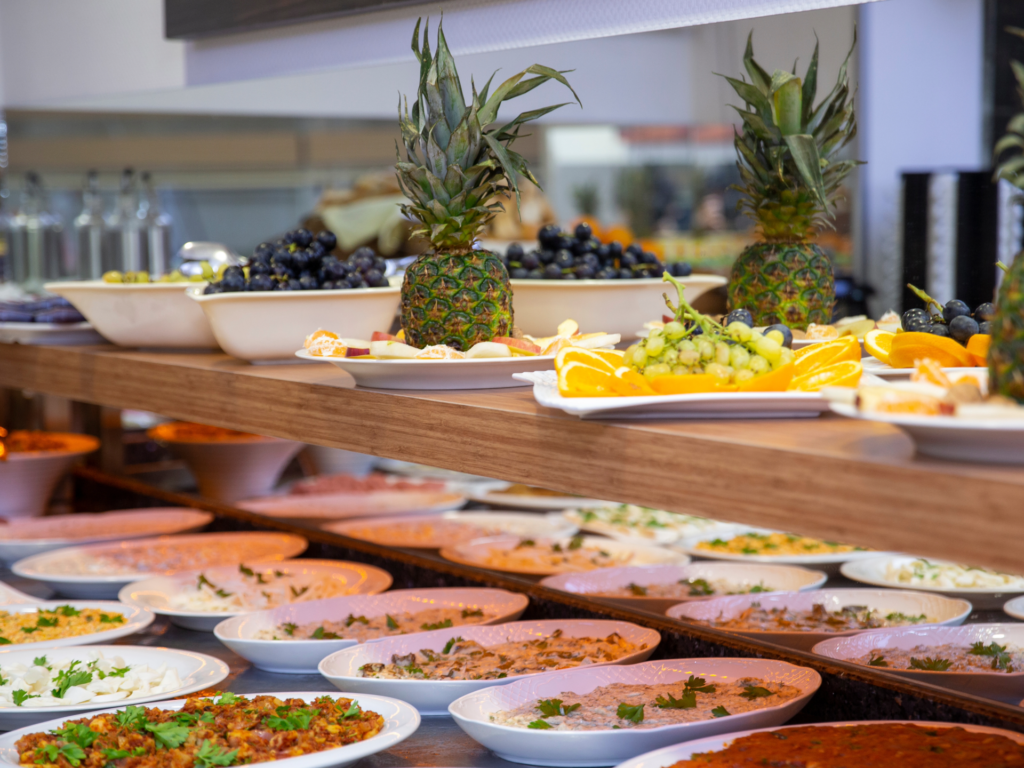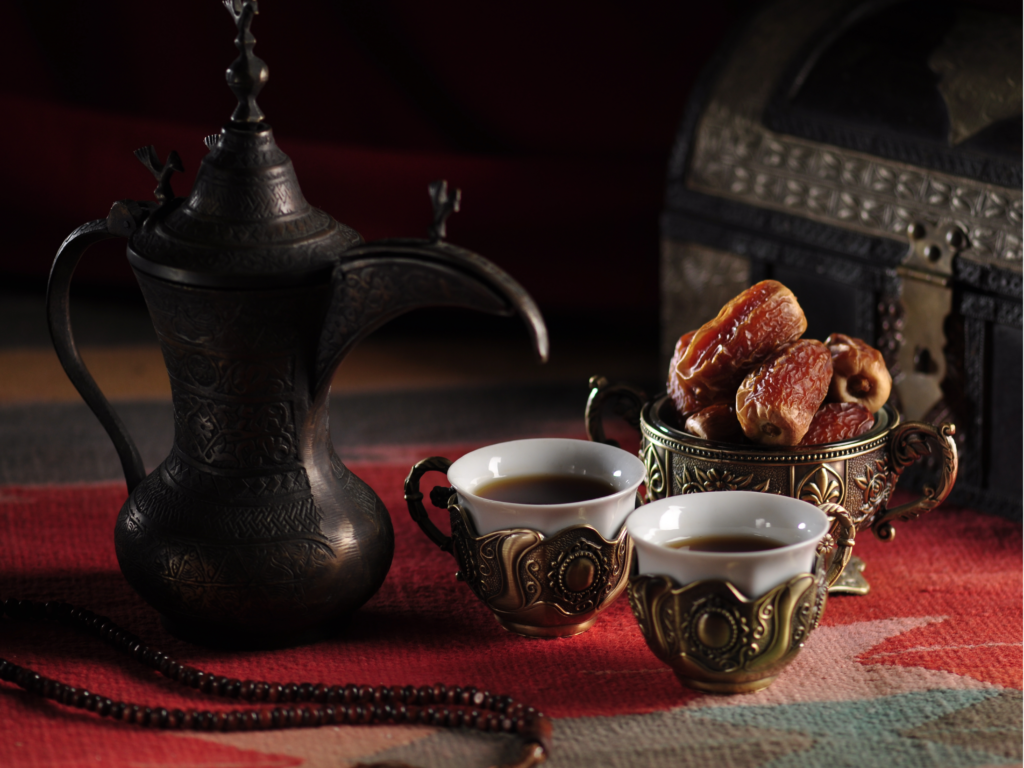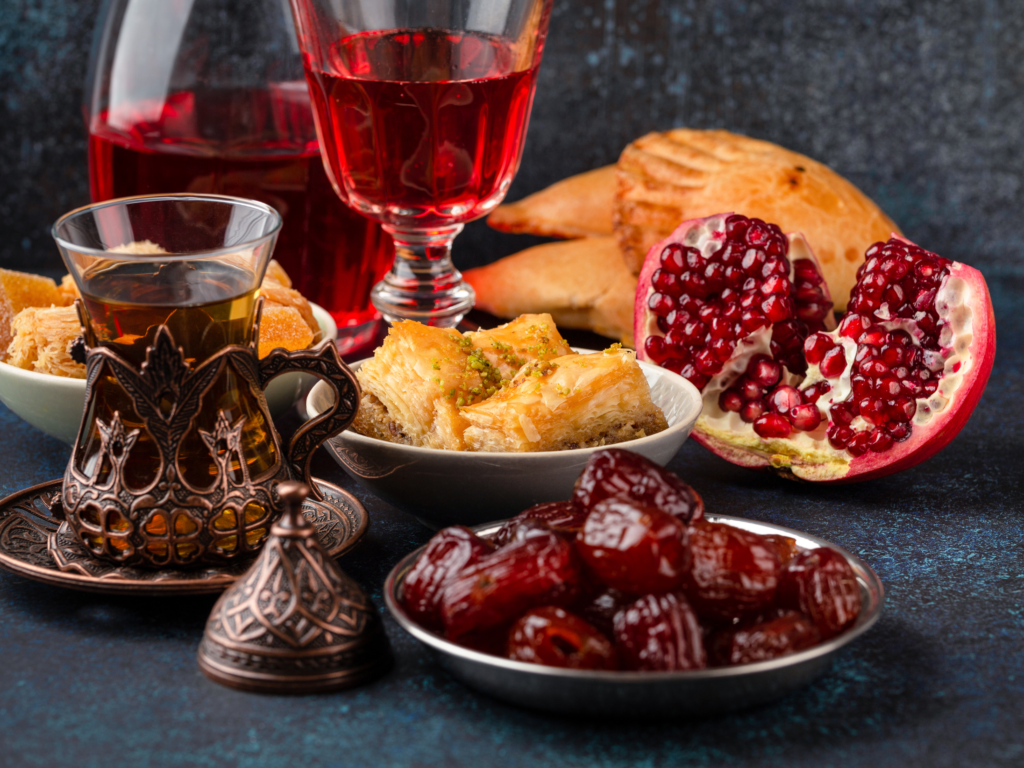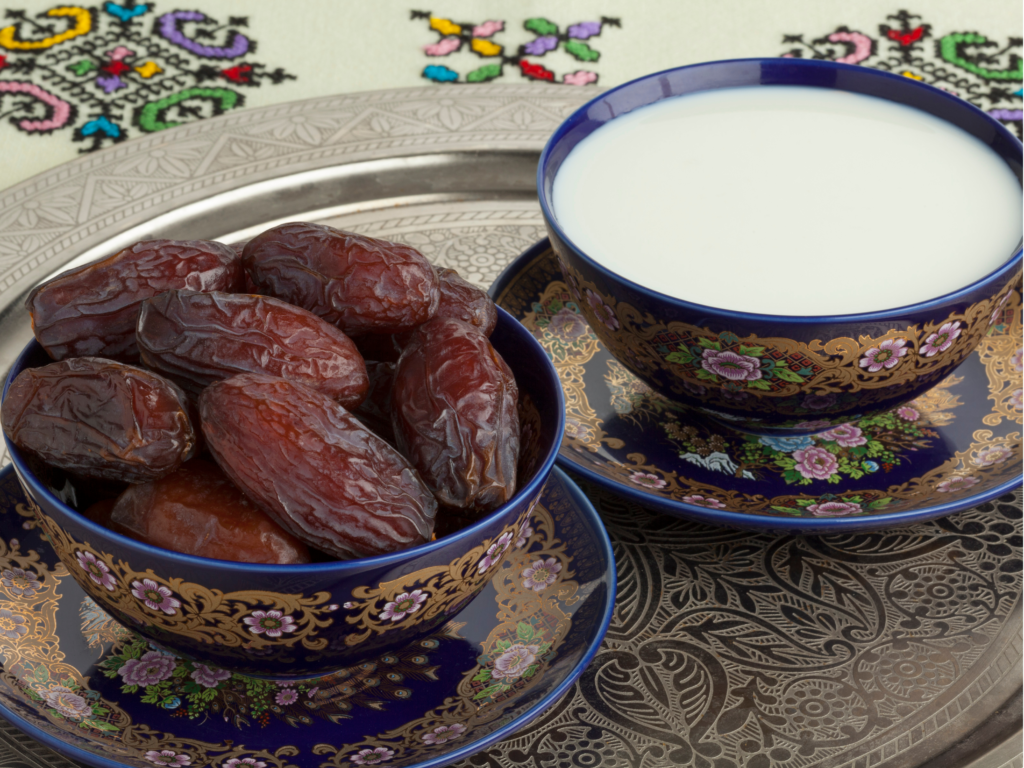Dates, the Fruit of Love and Life
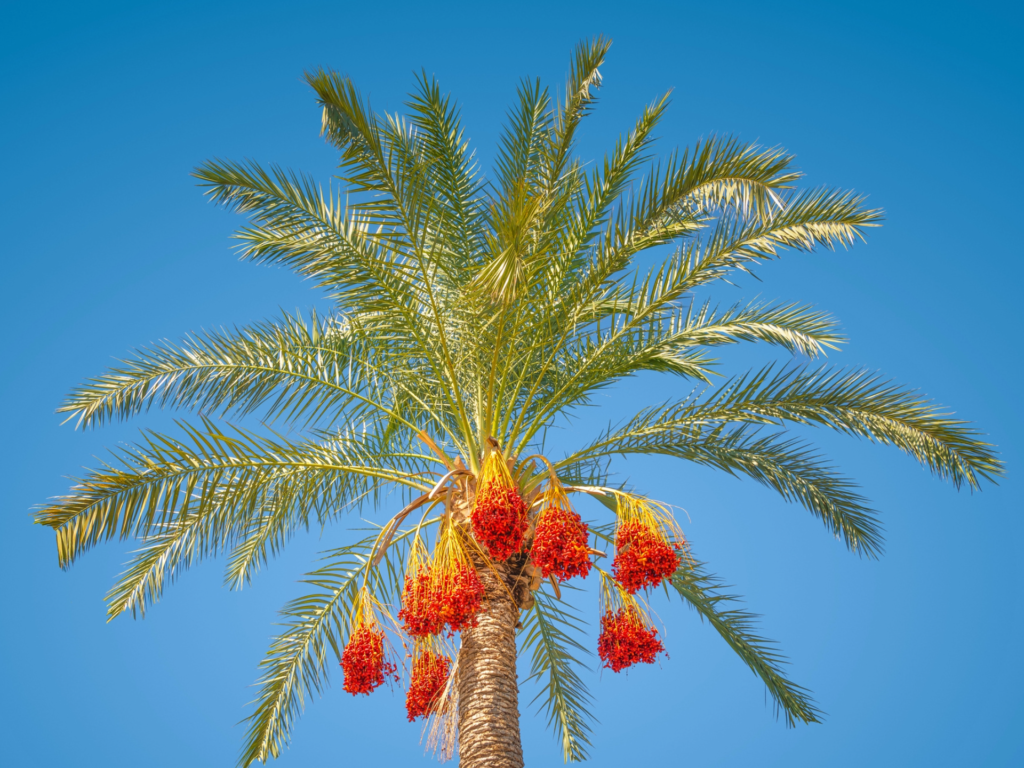
Discovering Culture, Tradition, and Global Communication Through Dates
The Historical Roots of Dates: A Middle Eastern Legacy
In the golden sands of the Middle East, dates have earned their reputation as the ‘Fruit of Love and Life,’ embodying resilience, abundance, and connection for thousands of years. Often referred to as the ‘Tree of Life,’ the date palm has provided sustenance, shade, and spiritual inspiration to countless generations. Its history stretches back over 7,000 years, making it one of the oldest cultivated crops; according to the FAO (source). Smithsonian Magazine further illustrates how this sacred tree was venerated in ancient cultures where it symbolized life, prosperity, and divine blessings (source).
More than just a fruit, dates represent a profound connection to culture, tradition, and love. From their role in welcoming visitors to their global journey as a beloved superfood, dates continue to captivate hearts worldwide. This feature explores their cultural significance, deep ties to Middle Eastern life, and growing charm across the globe.
Hospitality and Heritage: Dates—the Heart of The Middle Eastern Culture
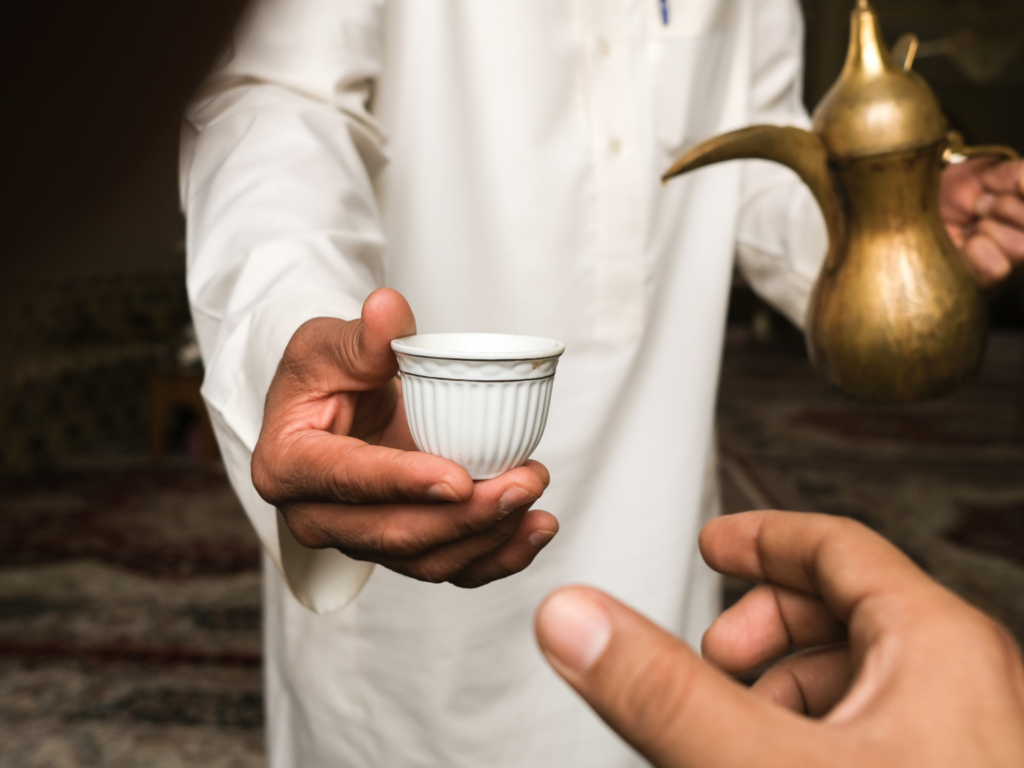
A Symbol of Hospitality
Imagine being welcomed into a Middle Eastern home, where a tray of fresh dates and aromatic Arabic Coffee awaits. So much more than just a snack, this is a warm embrace of tradition and a message that you are valued.
-Phcare4u
To be welcomed in the Middle East is to step into a culture where kindness flows naturally, and warmth is shared with every guest as though they are family.
In Tradition
Dates are central to ceremonies and festivals. Starting with weddings and continuing to religious ones. The custom of expressing love and respect is by presenting dates.
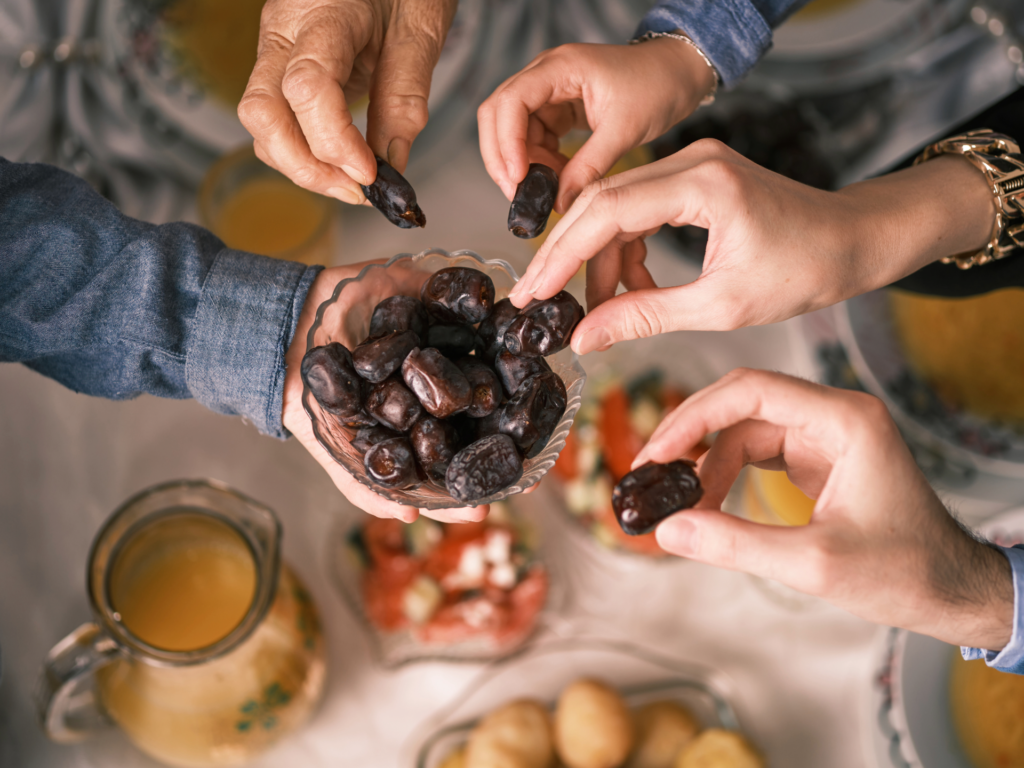
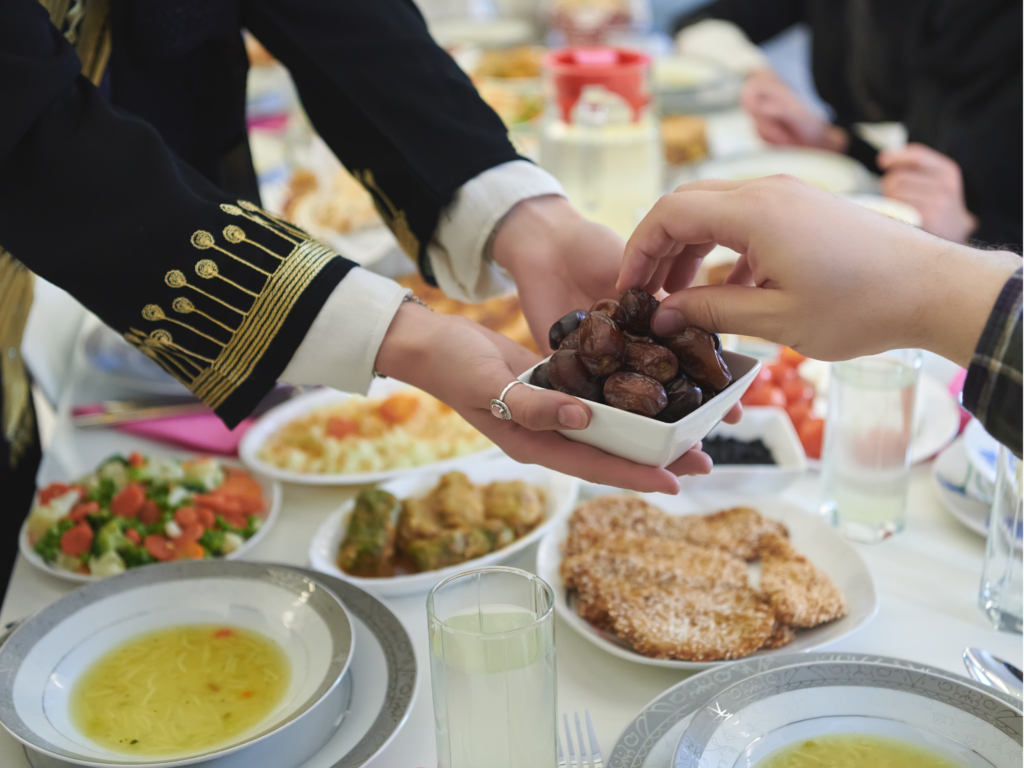
At Home
Families welcoming guests often present beautifully arranged platters of dates, a tradition that reflects the cultural pride in sharing this cherished fruit as a symbol of warmth and hospitality.
Cultural and Religious Significance
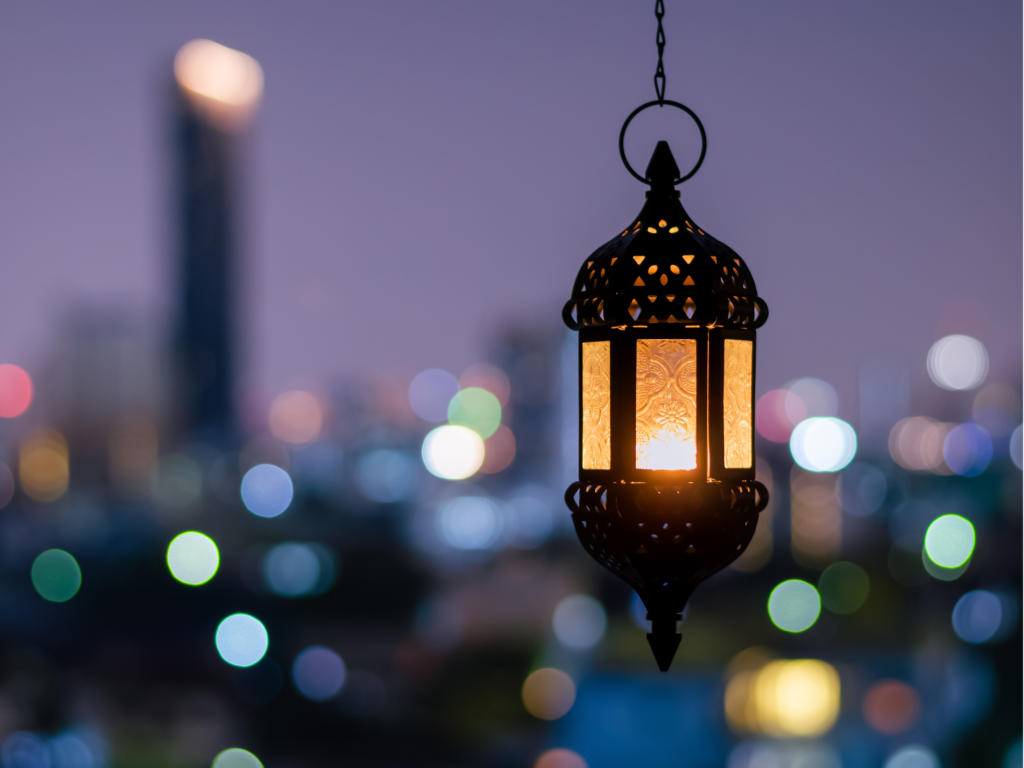
1. Ramadan and Spiritual Connection
It is customary for Muslims worldwide to break their fast, during Ramadan with dates, following the example of the Prophet Muhammad. This simple yet meaningful act is one of renewal and thanksgiving.
Moreover, dates provide a rapid energy boost, making them an invaluable choice for breaking fasts—a practice deeply rooted in tradition (Medical News Today). They are also exchanged as cherished gifts during Eid, symbolizing joy, abundance, and togetherness. These moments create a profound connection, binding families and communities through shared reflection and celebration.
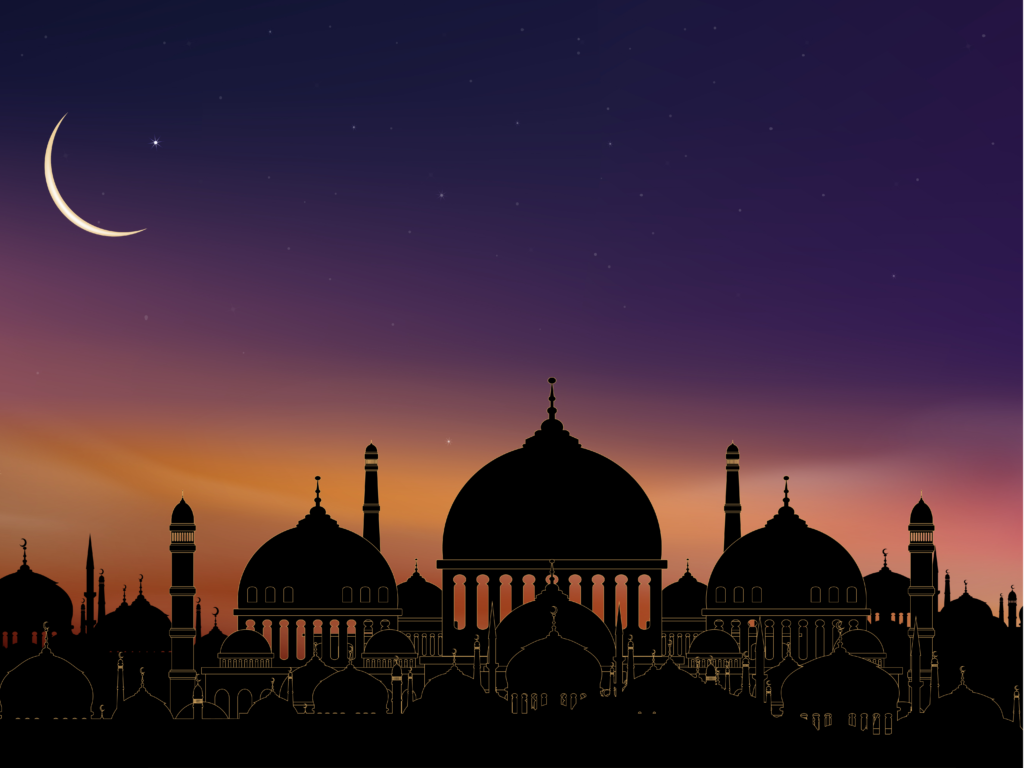
2. Festive Celebrations
Be it at weddings or religious ceremonies, dates are given a place of honor. Across Bahrain and the Middle East, they are usually coupled with local delicacies to match their natural sweetness and make it an unforgettable part of the experience.
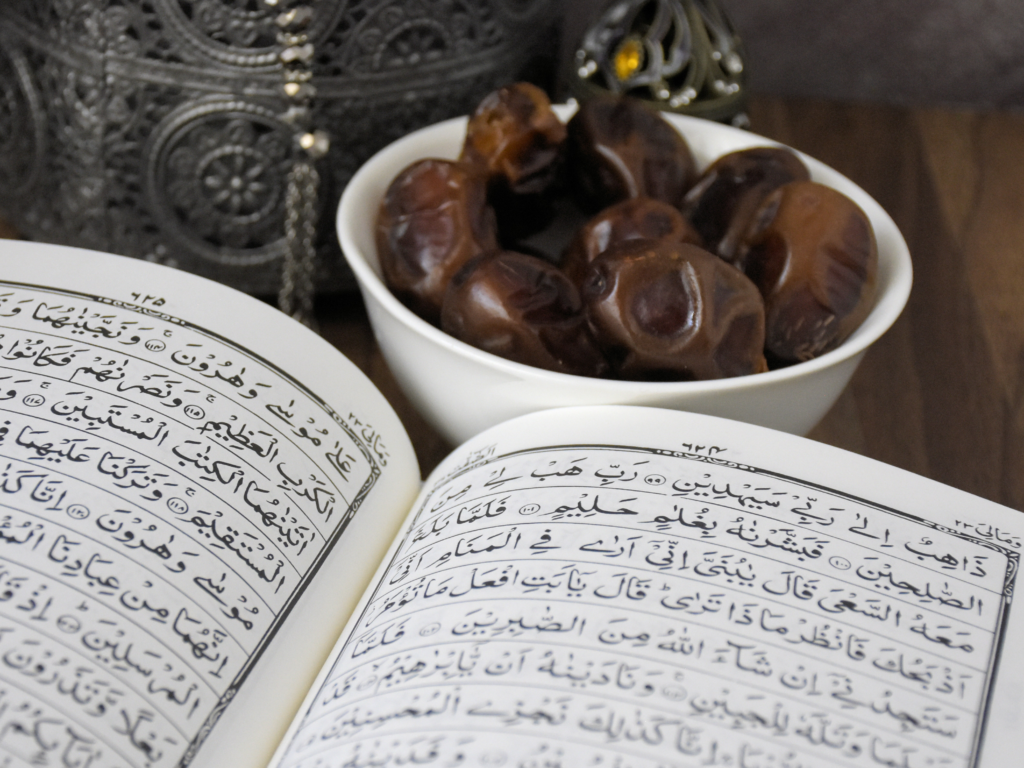
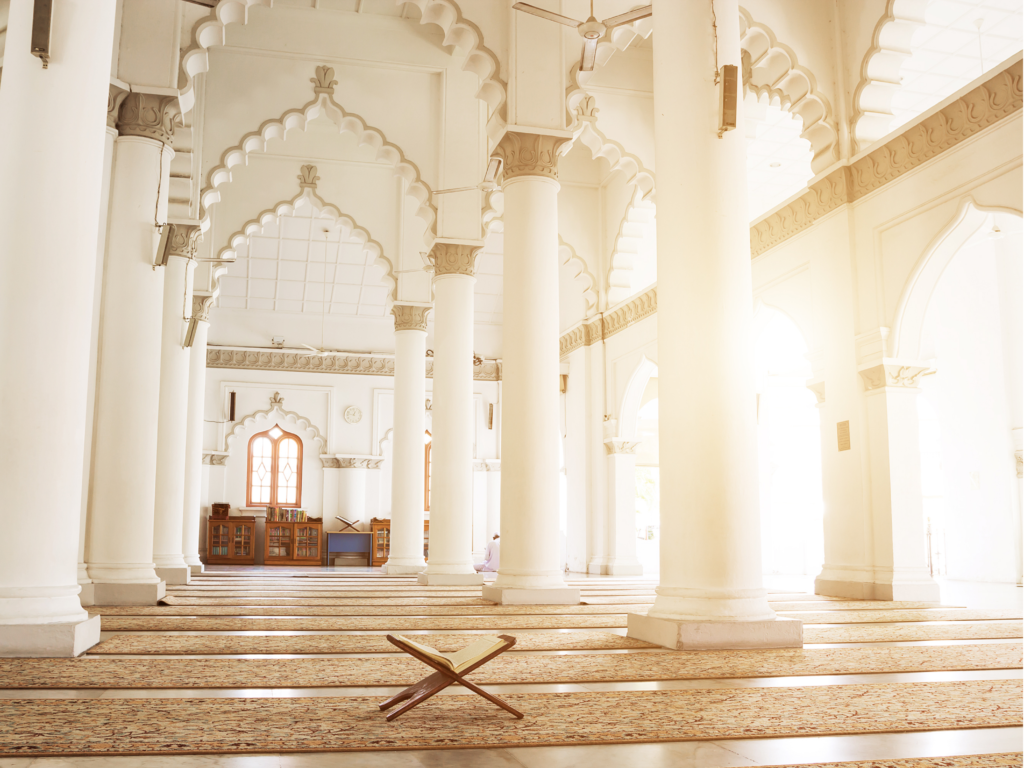
3. A Sacred Tree
Revered in religious texts such as the Quran and the Bible, the date palm symbolizes life, resilience, and blessings. National Geographic highlights how dates have been a part of Middle Eastern life for millennia, deeply intertwined with faith and survival (source).
Love and Tradition: The Role of Dates in Everyday Life
A Flavorful Heritage
From bustling markets across the Middle East to kitchens around the globe, dates are a true culinary treasure. Their natural sweetness and versatility have made them a staple in countless recipes.
- Snacks and Energy Boosters:
- A handful of fresh or dried dates can power you through a busy day.
- Date-Based Sweets:
- Treats like Ma’amoul (date-filled cookies) bring joy to celebrations and family gatherings.
- Savory Pairings:
- Dates elevate savory dishes, balancing flavors in stews or complementing roasted meats like lamb.
- Special Beverages:
- Date Milk: A soothing and nutritious drink loved by many.
- Fermented Drinks: A traditional delicacy in some cultures, crafted for special occasions.
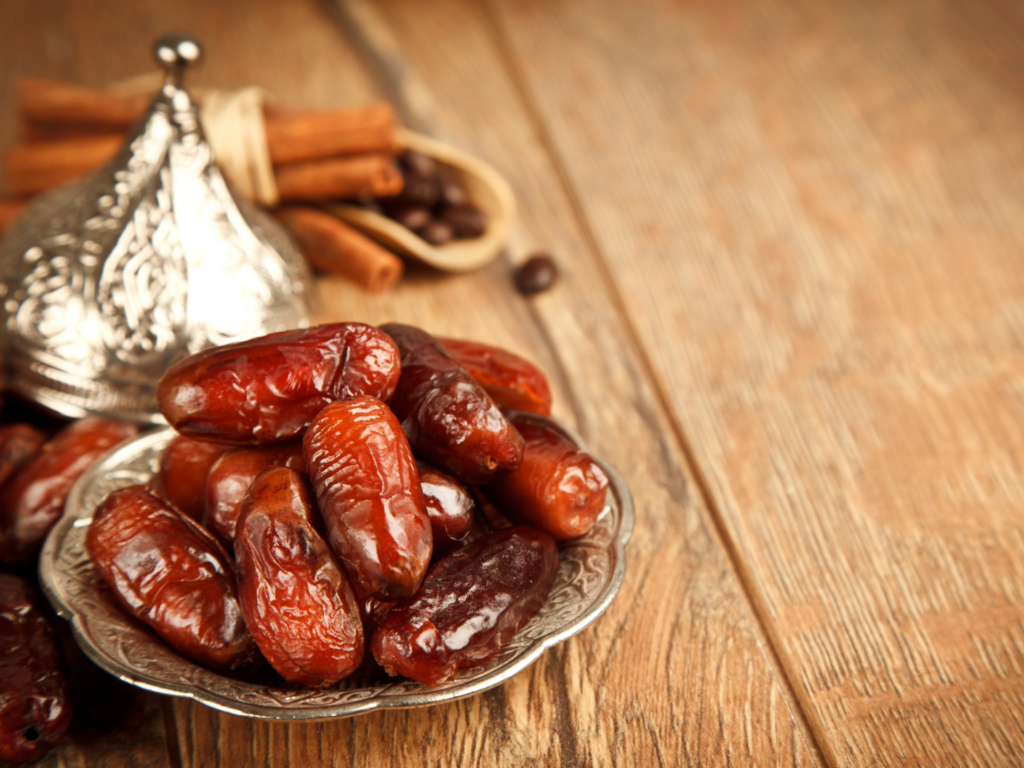
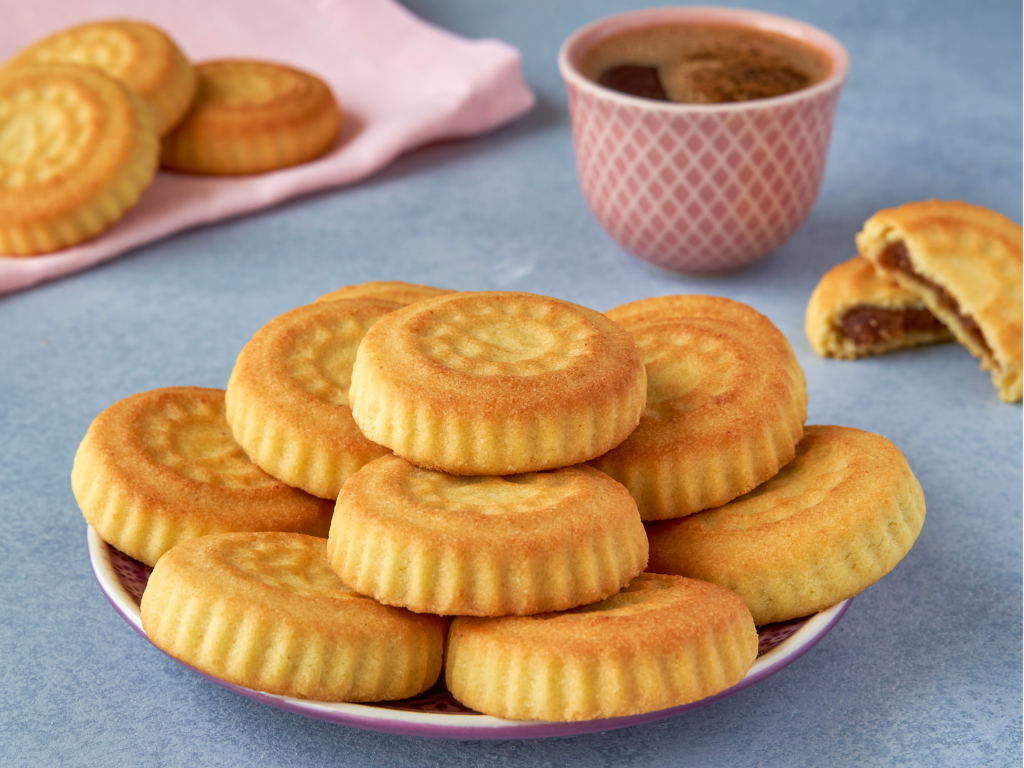
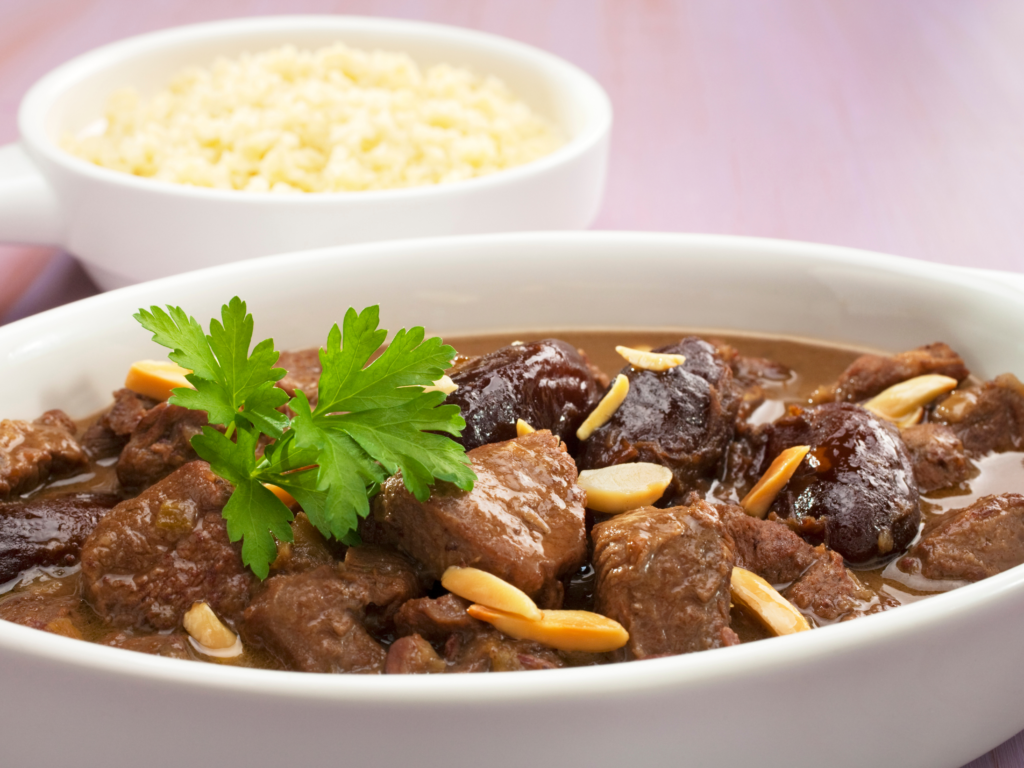
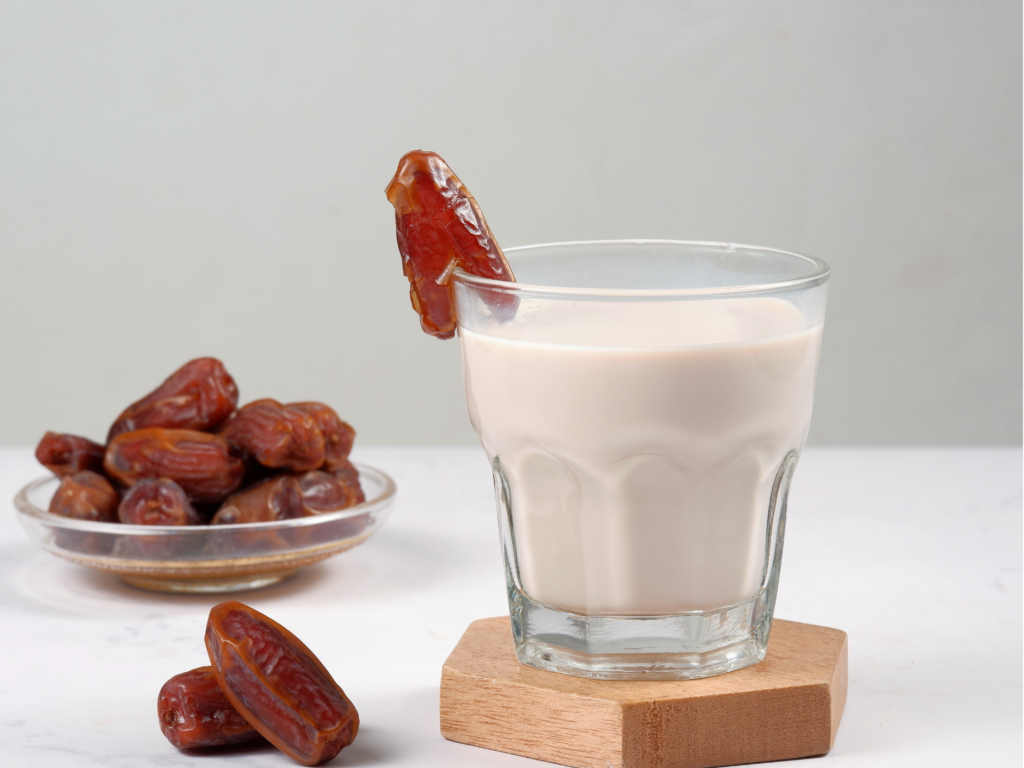
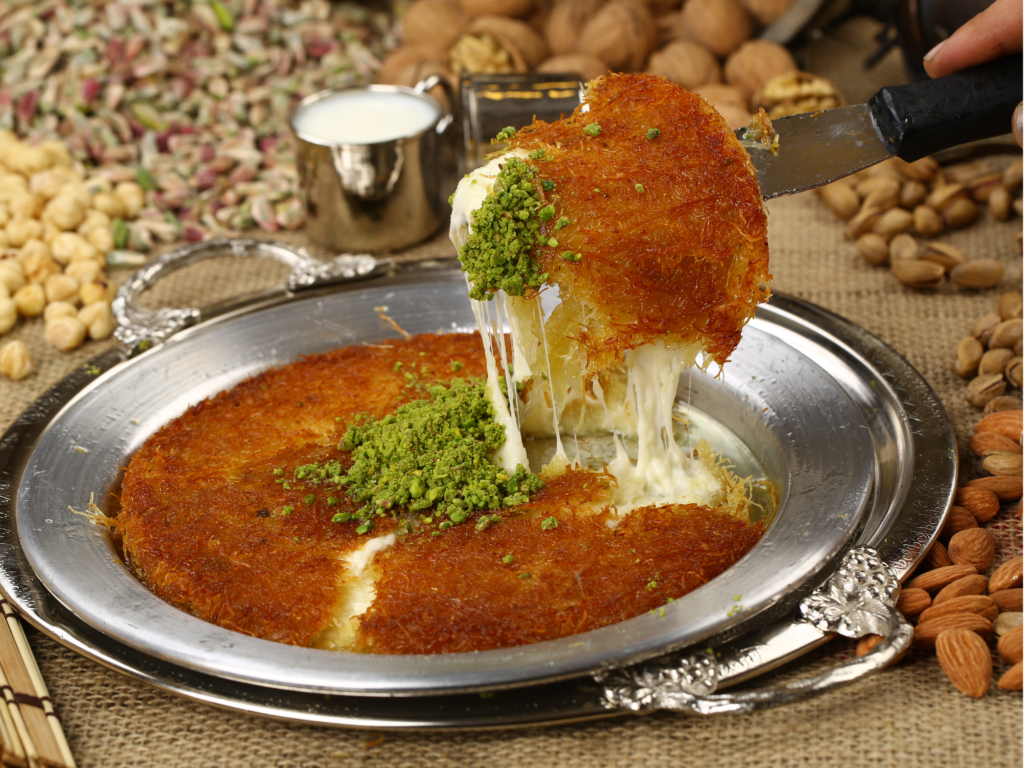

A Universal Love Language
Dates in Middle Eastern households are more than just food. They’re a representation of love and a connection to others.
“The Dates that Will Give the Date of Your Life”
…completely encapsulates its purpose of bringing people together and sharing traditions.
Global Reach: Spreading Charm Across the Globe
With globalization continuing to bridge cultures, the popularity of dates has spread far beyond the Middle East.
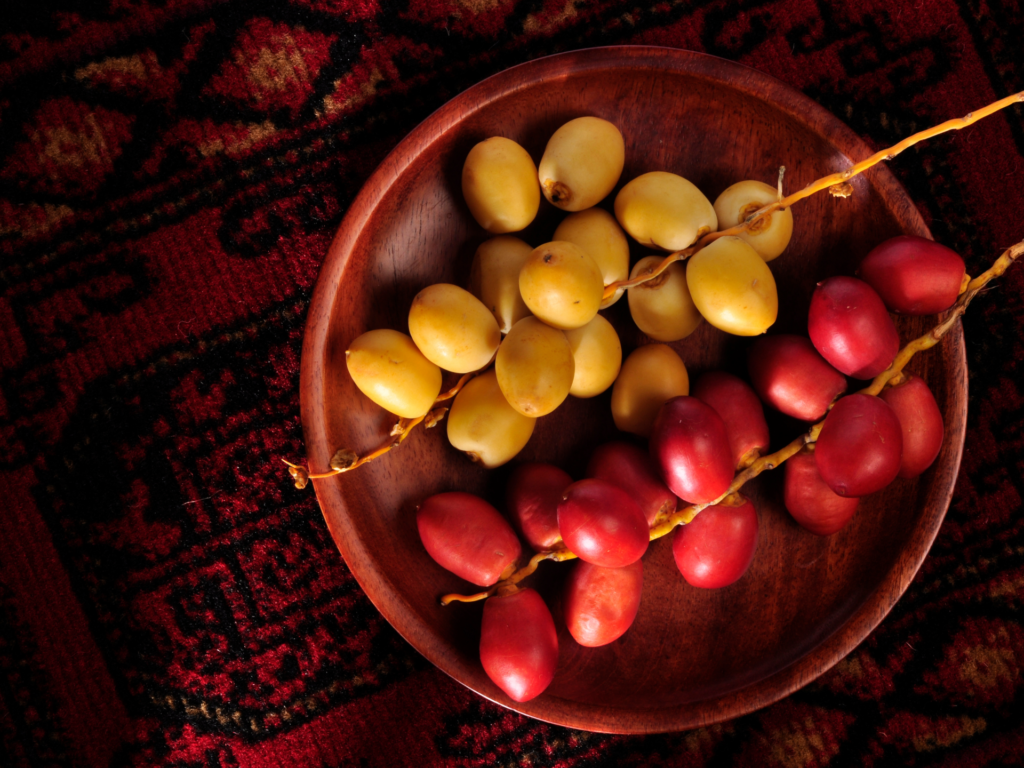
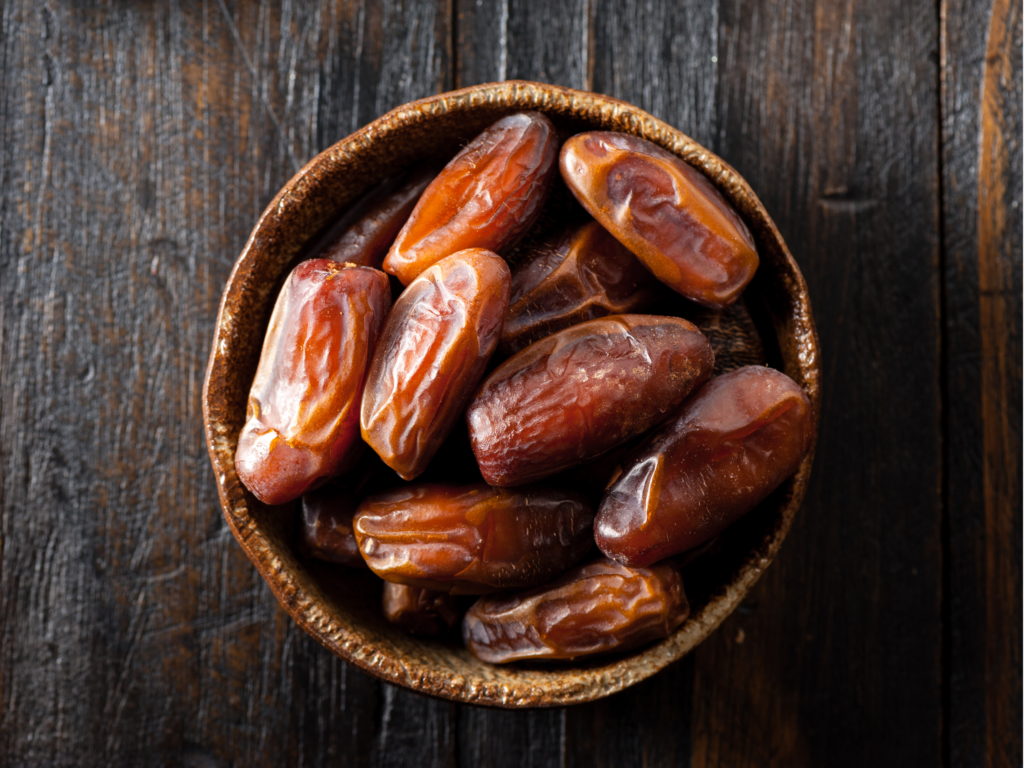
1. Premium Exports
Luxurious varieties like Medjool and Deglet Noor are popular and highly demanded in every part of the world for their taste and quality. Bahrain’s premium dates, such as Khalas and Khunizi, contribute to this global demand, reflecting the region’s commitment to excellence and its rich agricultural heritage.
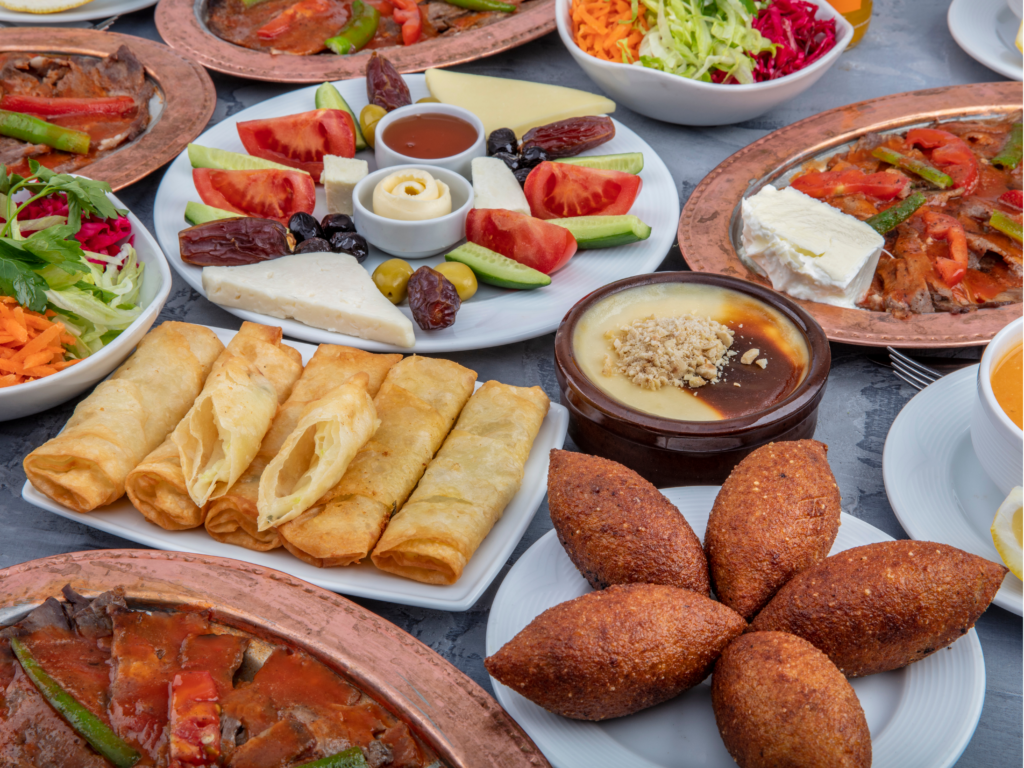
2. Integration into Global Cuisine
From smoothies to gourmet desserts, dates have a place in modern kitchens.
A top favorite in plant-based diets and superfood recipes, they add natural sweetness and nutritional value.
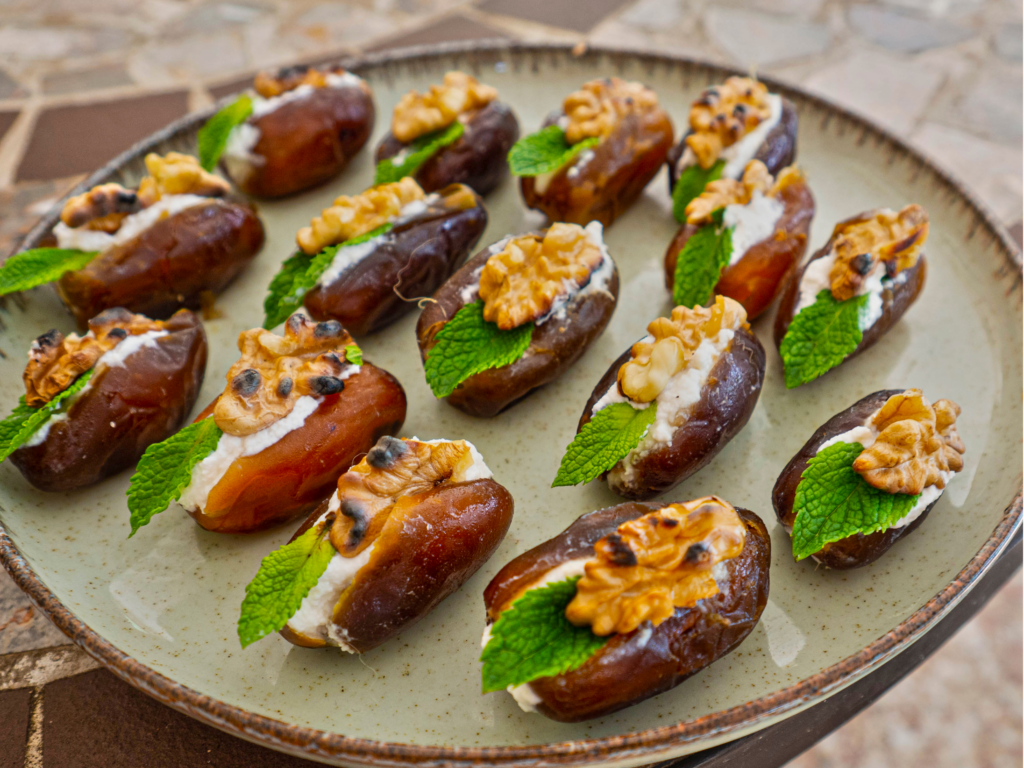
3. Health and Wellness
Dates are full of vital nutrients, hence a health powerhouse. High in fiber, they promote healthy digestion, while antioxidants help fight free radicals Verywell Health (source). The natural sugars in dates give one an instant energy boost, which is why they are a favorite among athletes and anyone needing a quick pick-me-up. Rich in potassium and magnesium, they also support heart health and help reduce inflammation, offering holistic benefits for overall wellness.


A Sweet Legacy Lives on
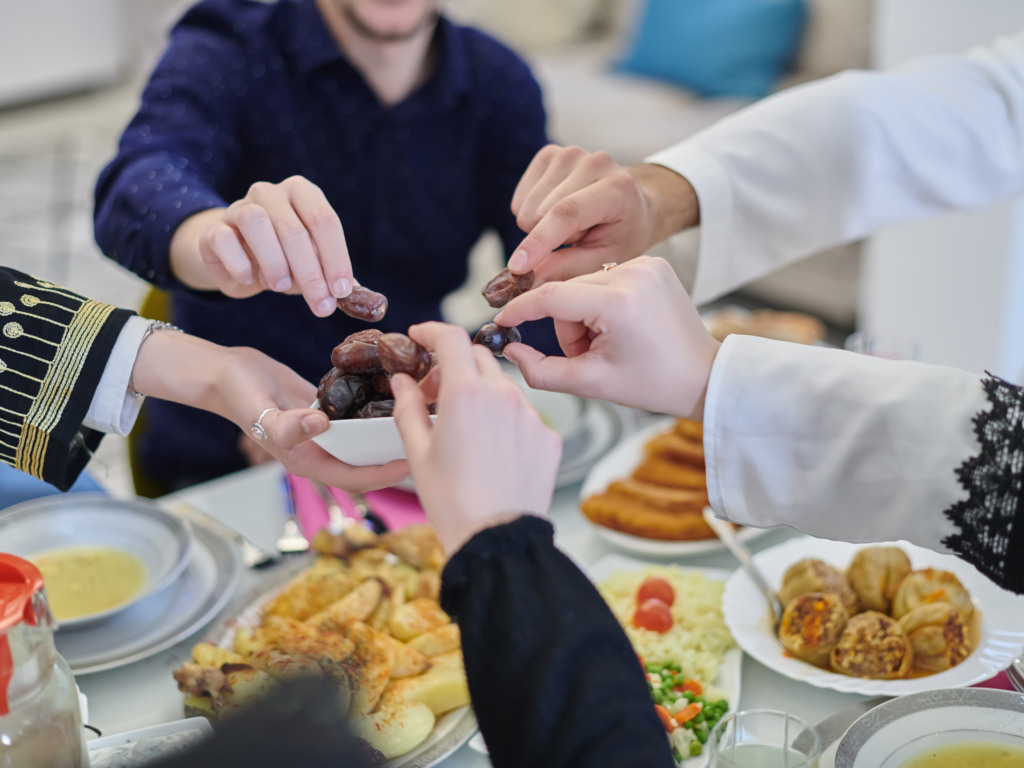
The story of dates is one of resilience, love, and shared history. From their ancient roots in the Middle East to their modern role as a global superfood, dates continue to inspire people and unite cultures worldwide. So, next time you eat a date—on its own or in a recipe—remember the rich heritage that it represents. Dates are more than just a fruit. It’s also a celebration of life’s sweet legacy that endures.
Did You Know?
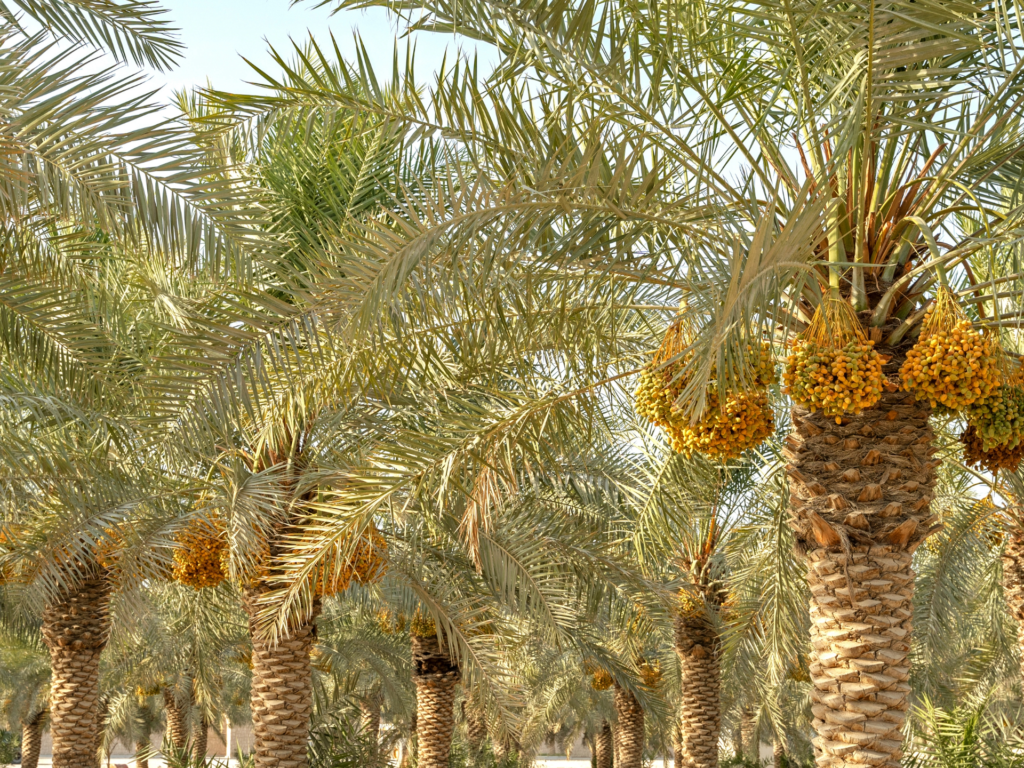
Bahrain was historically referred to as the ‘Land of a Million Palm Trees,’ highlighting its deep agricultural connection to dates. Bahrain has cultivated date palms for over 4,000 years (Date Palm Status and Perspective in Bahrain).
Fertile land and coastal geography give this island nation prime conditions to grow high-grade date varieties such as Khalas and Khunizi (Agriculture in Bahrain).
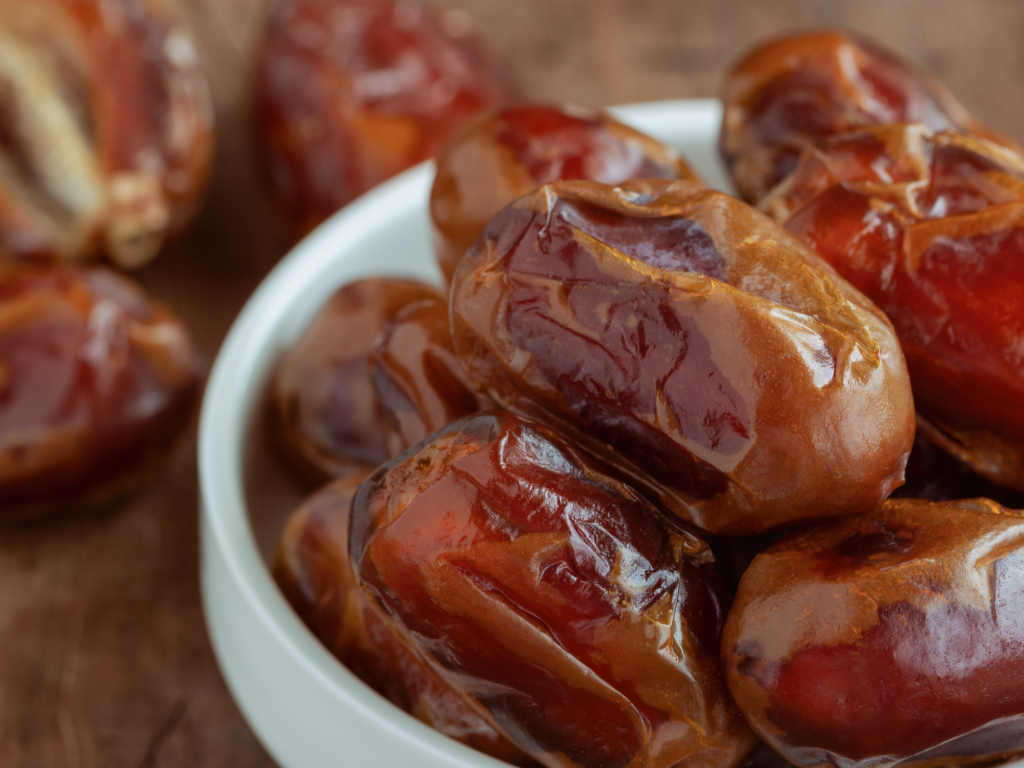
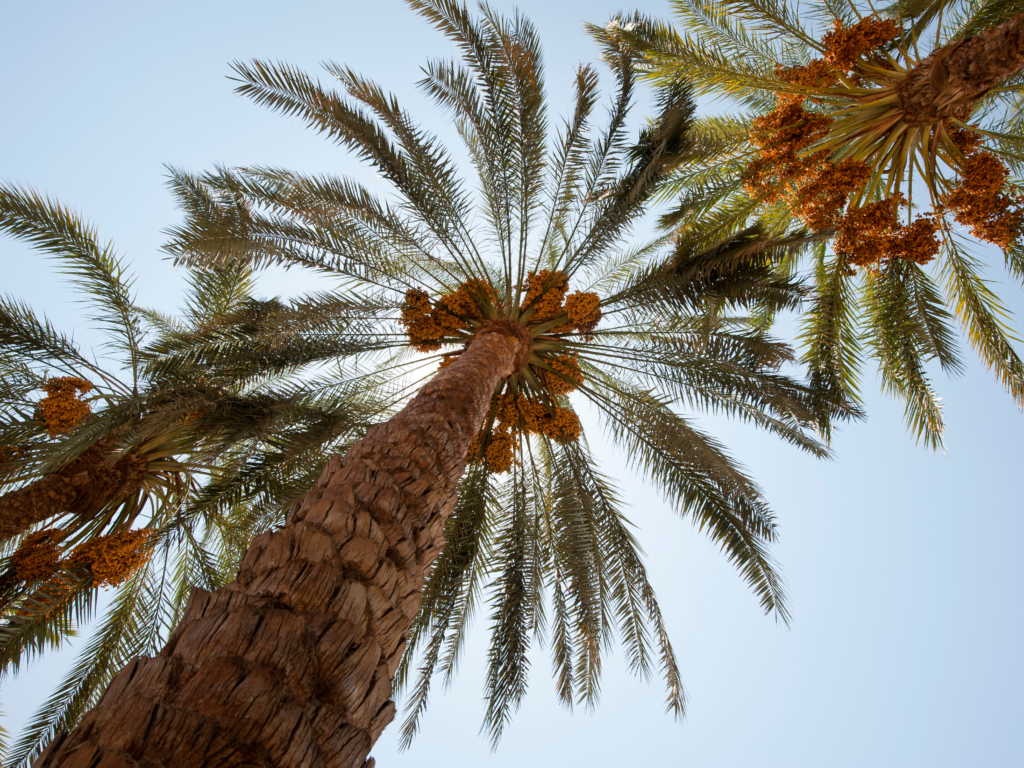
Date palms can produce up to 150 kilograms of fruit annually, a testament to their significance as a vital crop.
“Dates are more than a cultural treasure—they’re a natural powerhouse for skin health and beauty. Ready to unlock their collagen-boosting secrets? Join us in our next article!”
Intrigued by the timeless legacy of dates? Dive deeper into their rich history, cultural significance, and wellness benefits with these trusted sources!
- National Geographic
- Dates: The Sticky History of A Sweet Fruit
Read more - Medical News Today
- What to Know About Medjool Dates
Read more - Are Dates Healthful?
Read more - FAO (Food and Agriculture Organization of the United Nations)
- 5 Facts About Dates That Make Them an Important Food of Our Future
Read more - Date Palm: Cultivation
Read more - Chapter II: Origin, Geographical Distribution, and Nutritional Values of Date Palm
Read more - Verywell Health
- Benefits of Dates: Fiber, Antioxidants, and More
Read more - Jordan Times
- Dates in Jordan: A Symbol of Culture and Community
Read more - BBC
- Why are dates such an important fruit for different cultures?
Read more - Smithsonian Magazine
- The Sweet and Sticky History of the Date
Read more - Springer Nature Link
- Date Palm Status and Perspective in Bahrain
Read more - Wikipedia
- Agriculture in Bahrain
Read more - The Daily Tribune News of Bahrain
- Reviving Bahrain’s Million Palms
- Read more

